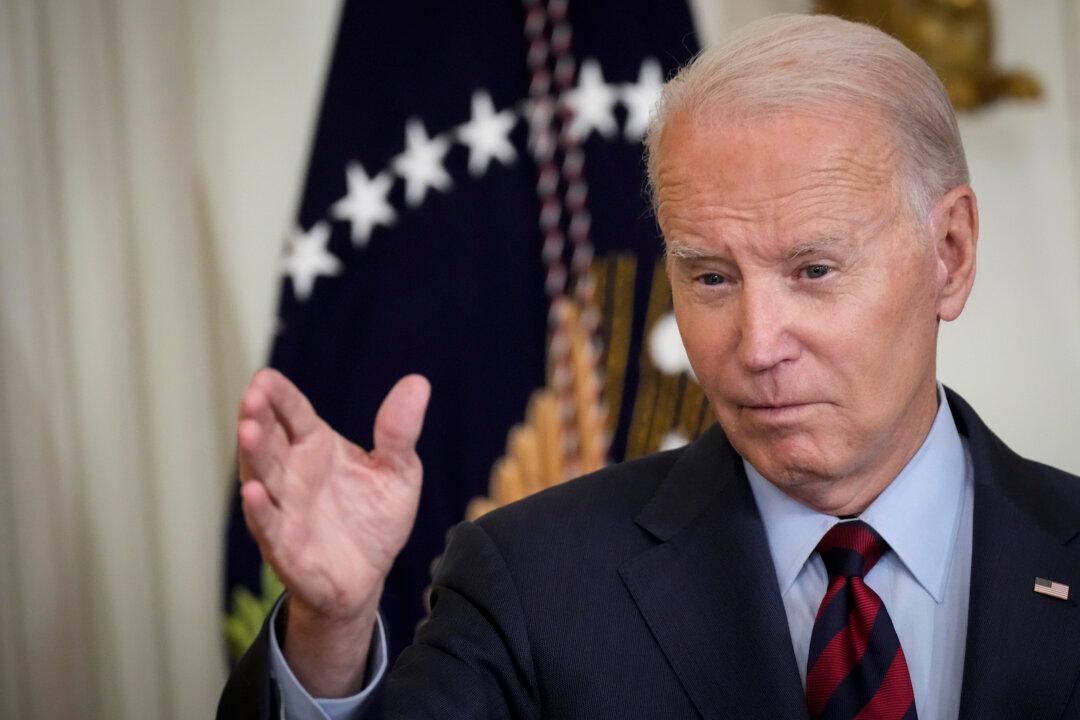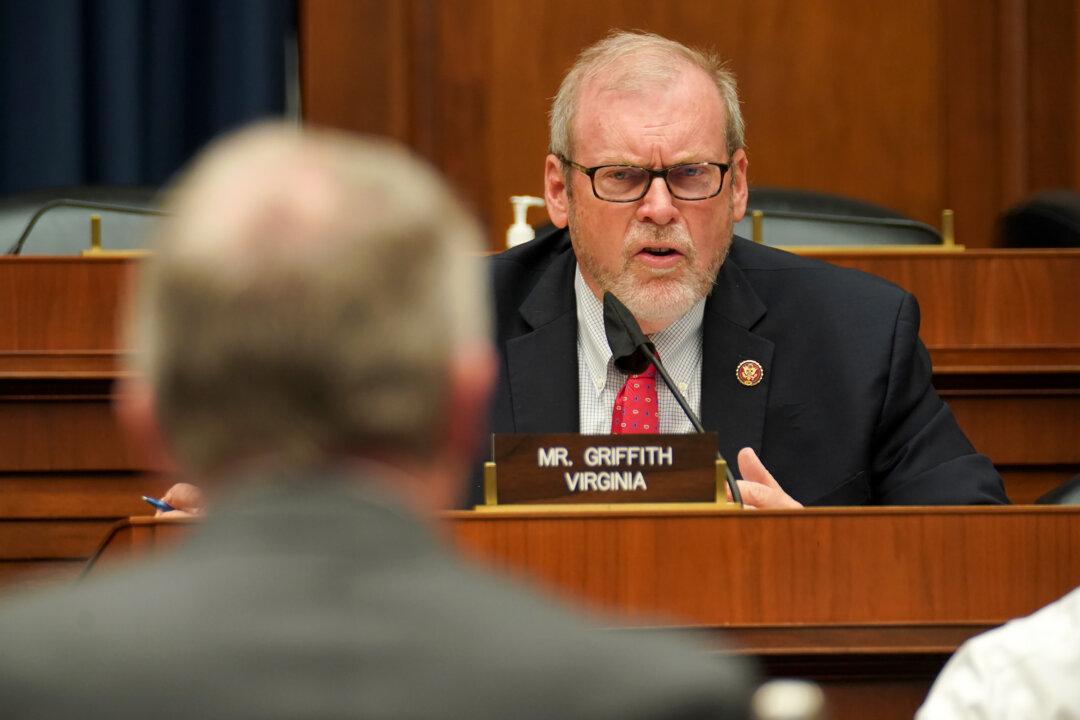President Joe Biden will veto the first two appropriations bills to be voted on by the House if they reach his desk, according to White House Office of Management and Budget statements released on July 24.
The statements are a shot across the bow of the Republican-controlled House as it has begun to legislate steeper spending cuts than had been negotiated by the president and House Speaker Kevin McCarthy (R-Calif.) just weeks ago, ending a months-long standoff over increasing the nation’s debt ceiling.





